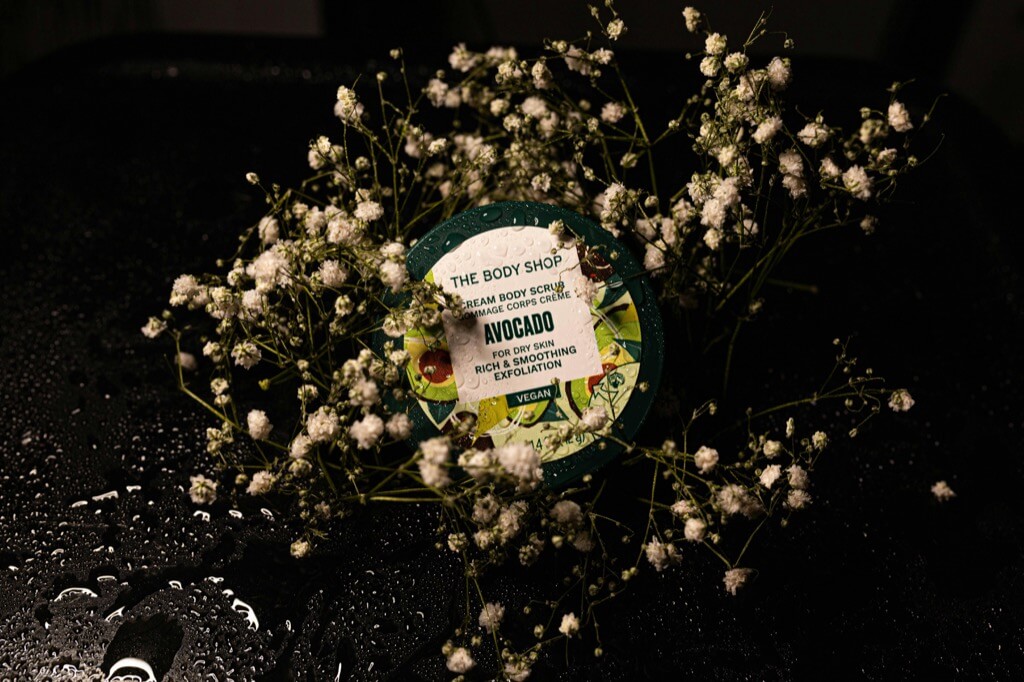In a marketplace, where the term “ethical” is as ubiquitous as the air we breathe, the tale of The Body Shop serves as a poignant reminder. The once-thriving British emblem, renowned for its unique store vibe and signature scents, has hit a snag as it navigates the troubled waters of financial viability. This development throws into sharp relief the complex dance between maintaining ethical integrity and ensuring economic success.
Nestled in the quaint coastal town of Brighton, The Body Shop’s journey from a humble startup to a global behemoth is nothing short of remarkable. Dame Anita Roddick, its visionary founder, not only championed ethical trade but also spearheaded campaigns against animal testing and excessive packaging in the cosmetics industry. Yet, sustaining an ethical brand over five decades presents a Herculean challenge, particularly when the brand’s pioneering qualities start to blend into the mainstream landscape.
Today, ethical claims are dime a dozen, spanning across industries from pet food to power supply. This ubiquity begs the question: What does it truly mean to be ethical in a market where such claims are increasingly the norm rather than the exception? For The Body Shop, a brand synonymous with ethical practices, the failure to evolve alongside shifting market dynamics and consumer expectations has dimmed its once-bright star.
The research underscores that true ethical standing requires a profound commitment to people—not just through exemplary customer service or worker welfare, but by extending a helping hand to those who might never engage with the brand’s products directly. British supermarkets, for instance, have made notable strides in this area through initiatives like Tesco’s collaboration with the British Red Cross and Morrisons’ “community champions” program. Such efforts not only support those in need but also forge a deeper connection with consumers who value corporate social responsibility.
Ethical Branding in Skincare
In contrast to The Body Shop’s struggles, certain skincare brands have adeptly woven people-care into their ethical narratives, cementing their reputations. Dove’s “Real Beauty” campaigns and Boots’ No. 7 brand collaboration with Macmillan Cancer Support exemplify how focusing on genuine human concerns can elevate a brand’s ethical standing. Similarly, Lush’s emphasis on employee well-being and pride in craftsmanship showcase a different facet of ethical branding that resonates deeply with consumers.
The Body Shop’s ethical ethos alone did not precipitate its decline. Criticisms regarding its lack of innovation, failure to remain price-competitive, and inattention to rising stars like Lush and Origins highlight the multifaceted challenges it faced. In a world where consumer preferences and economic realities shift rapidly, staying relevant requires more than just ethical convictions.
Let’s look into the specifics, that paint a broader picture of The Body Shop’s predicament:
- The stark reality hit when The Body Shop’s UK operations were placed into administration, putting a cloud over its 199 stores and the livelihoods of 2,000 employees.
- A pivotal moment came just weeks after The Body Shop was acquired by Aurelius, with a disappointing Christmas trading period signaling deeper troubles. This period is critical for retail, and a shortfall here can have lasting consequences.
- Adding to its financial strain, The Body Shop faced obligations to fulfill long-term incentive schemes for staff, with around 20 former employees owed bonuses totaling £2m-£3m.
- The seismic shift towards online retail has left traditional high-street brands, including The Body Shop, grappling with reduced footfall and the complexities of competing in a digital-first marketplace.
- The brand’s struggle to resonate with Gen Z, a demographic that increasingly influences market trends, underscored the importance of staying relevant and adaptable in a rapidly evolving consumer landscape.
Gen Z spends a significant amount of time online, averaging nine hours a day, with social media platforms being their main source of beauty inspiration, influence, and education. They prefer engaging with brands that utilize digital platforms, especially Instagram, Weibo, and WeChat, for beauty inspiration and shopping. This generation also shows a willingness to experiment with new technologies, such as Artificial Intelligence (AI) and Augmented Reality (AR), to try on or learn more about health and beauty products. Despite their digital preferences, a significant portion of Gen Z still values the in-store shopping experience for cosmetics, preferring to touch, feel, and smell products before purchasing. This highlights the importance of a balanced online and offline retail strategy that caters to both digital engagement and physical experience needs.
Sustainability is a core value for Gen Z, having grown up with climate change as a dominant global issue. This demographic places a strong emphasis on buying ethical products and believes in brands’ responsibility over their environmental impact. Gen Z scrutinizes personal care products from ingredients to packaging, favoring vegan, cruelty-free, sustainable, and free from harmful chemical options. This shift towards clean beauty and ethical consumption underscores the need for brands to align with these values to resonate with Gen Z consumers.
The right social media platforms play a crucial role in reaching Gen Z. Platforms like TikTok have emerged as influential channels, especially among Gen Z women, for advertising and brand discovery. Real-life endorsements and influencer posts on Instagram also rank highly in influencing their purchasing decisions. Discounts and sales are particularly effective in engaging Gen Z on social media, highlighting their interest in deals and brand interaction through platforms they frequently use.
The Economic Downturn
The recent economic downturn has been unkind to many retailers, The Body Shop included. With inflation and rising interest rates prompting consumers to tighten their belts, the allure of more affordable alternatives in supermarkets has become increasingly irresistible. Thus, The Body Shop’s predicament in the UK is a mosaic of factors, reflecting internal strategic missteps and external economic pressures.
As a retail researcher and skincare aficionado, it’s with a heavy heart that I examine The Body Shop’s current state. This iconic brand, which once stood at the forefront of ethical branding, offering products that allowed consumers to pamper themselves while doing good for the planet, appears to have overlooked its sustainability—in the market sense. After 48 years of pioneering work, the challenge now is not just about staying true to ethical principles but also about adapting to a rapidly evolving market landscape.
The story of The Body Shop offers crucial lessons for ethical brands navigating the modern marketplace. It underscores the importance of continuous innovation, keen market awareness, and genuine engagement with societal issues. As consumers become more discerning and values-driven, the bar for ethical branding keeps rising. The brands that will thrive are those that not only commit to ethical practices but also demonstrate agility in adapting to new consumer demands and economic realities.




